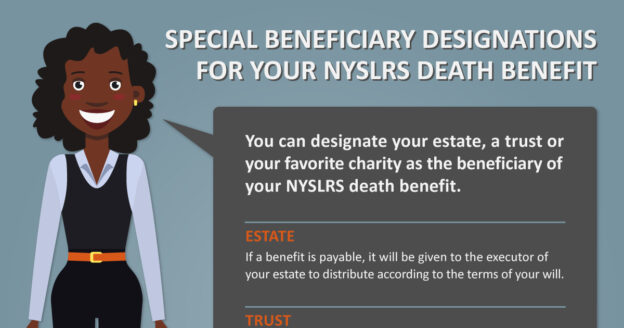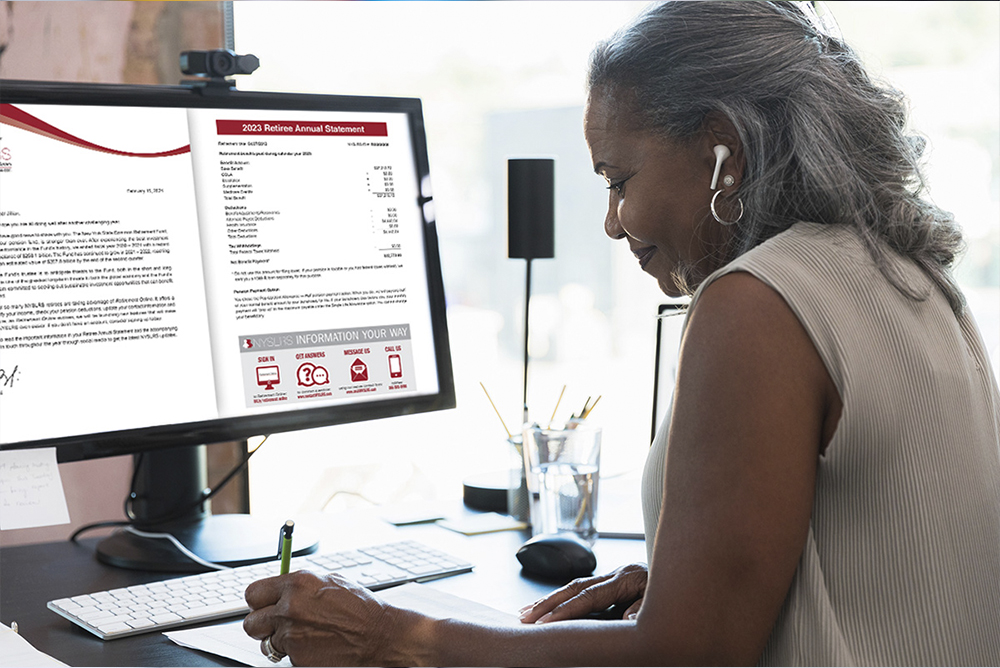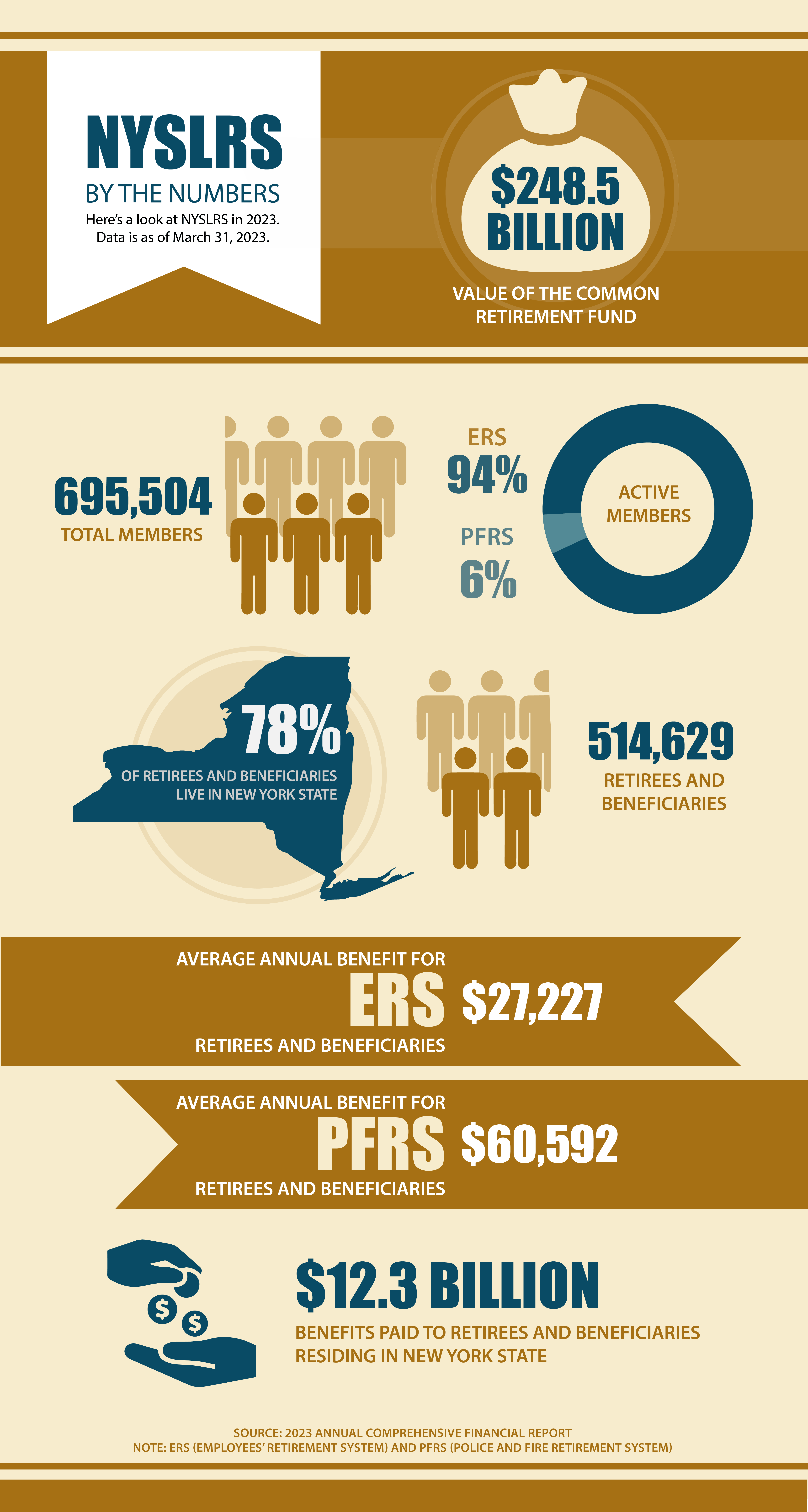In New York State, retirement benefits are marital property and can be divided when a marriage ends. Your pension could be affected in any of the following ways as a result of a divorce:
- Your ex-spouse may be entitled to a portion of your pension.
- You may be required to name your ex-spouse as the beneficiary of any death benefit.
- You may be required to choose a pension payment option that provides a continuing benefit to your ex-spouse when you die.
- Your ex-spouse may be entitled to a portion of your cost-of-living adjustment (COLA).
How Your Pension Can Be Divided in a Divorce
The most common method for dividing pension benefits is known as the Majauskas Formula, which gets its name from a case decided by the State Court of Appeals. This formula gives your ex-spouse one-half of the portion of your pension earned during the marriage.
How the Majauskas Formula Works

Example of the Majauskas Formula

Other Ways to Divide Pension Benefits
The Majauskas formula is not required, and there are other ways to divide pension benefits such as using:
- A hypothetical retirement benefit. NYSLRS can calculate a hypothetical pension using your final average earnings and service credit as of a specific date and then determine the ex-spouse’s share based on the terms of the divorce.
- A flat percentage. Your ex-spouse can receive a specified percentage of your pension different from the percentage derived from the Majauskas formula.
- A flat dollar amount. This option is commonly used if you have retired and you are already receiving monthly pension payments.
Formalizing the Division of Your Pension After a Divorce
Once the terms of your divorce are finalized, a judge issues a final judgment of divorce. If your ex-spouse will receive a share of your pension, a Domestic Relations Order (DRO) is needed. A DRO is a court order specifying how retirement benefits should be divided.
NYSLRS must have an approved DRO on file to make pension payments to an ex-spouse — we cannot pay an ex-spouse based solely on a judgment of divorce or settlement agreement. It’s important to complete and file the DRO with NYSLRS in a timely manner, well before the member’s retirement date to avoid changes or delays in payments. Questions about the consequences of not filing a DRO on time should be addressed to an attorney.
If your ex-spouse is not awarded a portion of your pension benefits, a DRO does not need to be filed with NYSLRS.
Drafting and Filing a DRO

Draft a DRO. NYSLRS offers an online DRO template, which was developed with guidance from NYSLRS’ legal counsel and generates a customized DRO based on the information entered about the terms of the divorce. While its use is not required, DROs prepared using the NYSLRS template will be given priority review.

Get Your DRO Approved. A Supreme Court judge must sign the DRO and enter it as an official court document.

Submit Your DRO to NYSLRS. NYSLRS requires a certified copy of the signed DRO and proof of divorce, such as a copy of the judgment of divorce. NYSLRS legal staff will review the DRO to determine whether it complies with New York State Retirement and Social Security Law and applicable policies and procedures.

All Parties Notified. NYSLRS will send a letter to all parties notifying them whether the DRO has been accepted or rejected. If the DRO has been rejected, the letter will explain the reasons for rejection, and the DRO must be amended, approved and resubmitted to NYSLRS.
For More Information
Read our blog post about how divorce may affect your other NYSLRS benefits, and visit our Divorce and Your Benefits webpage for more information about how your pension may be affected and for additional guidance on DROs.



















